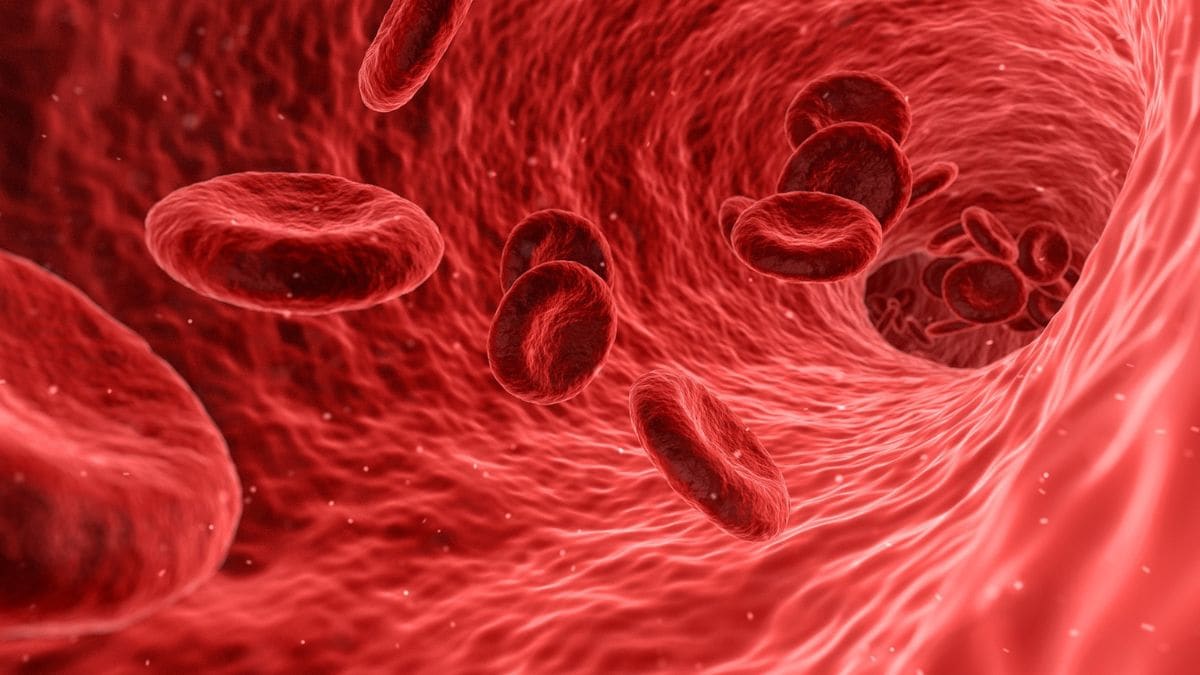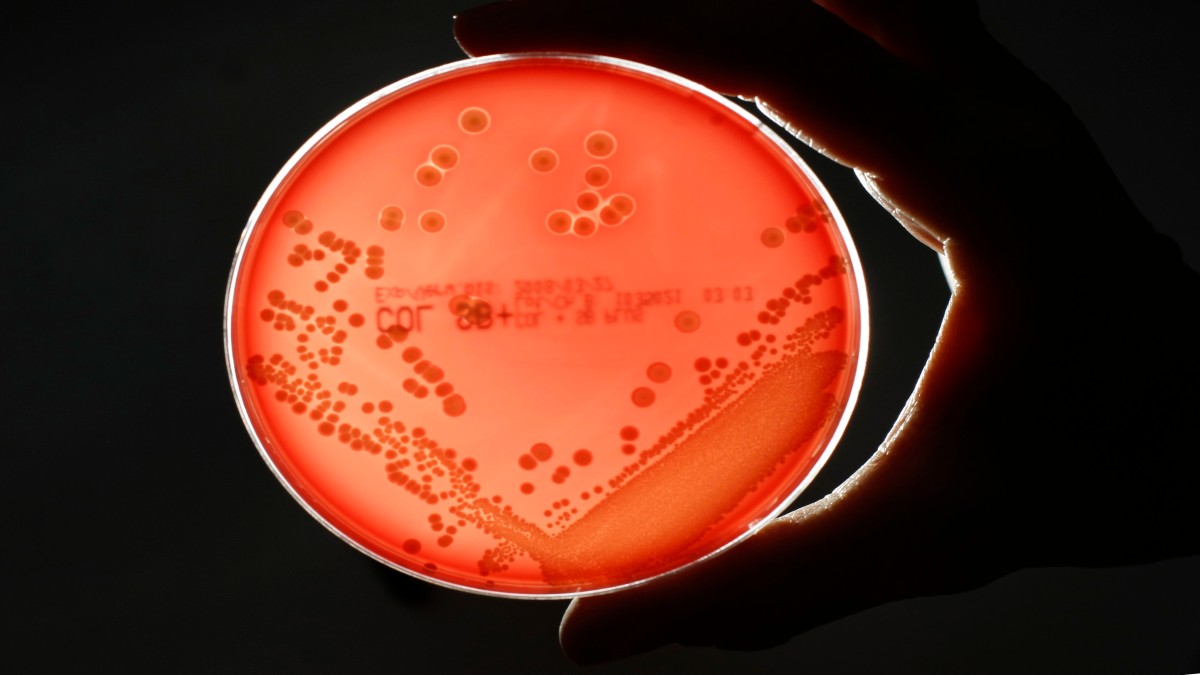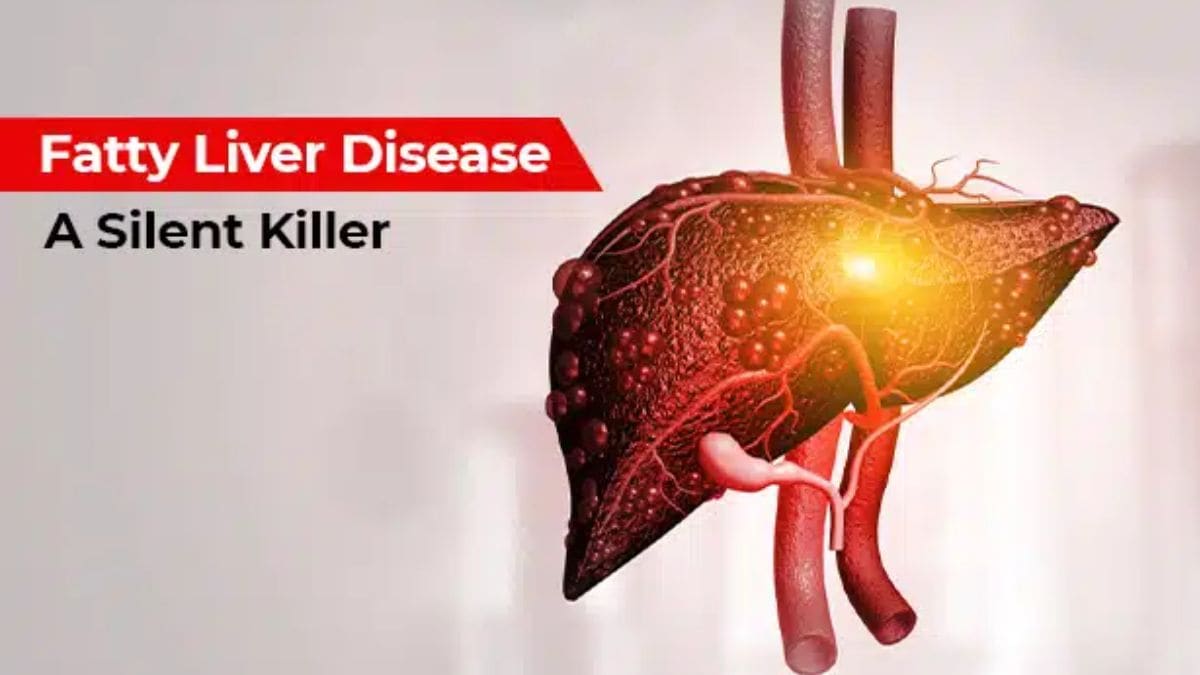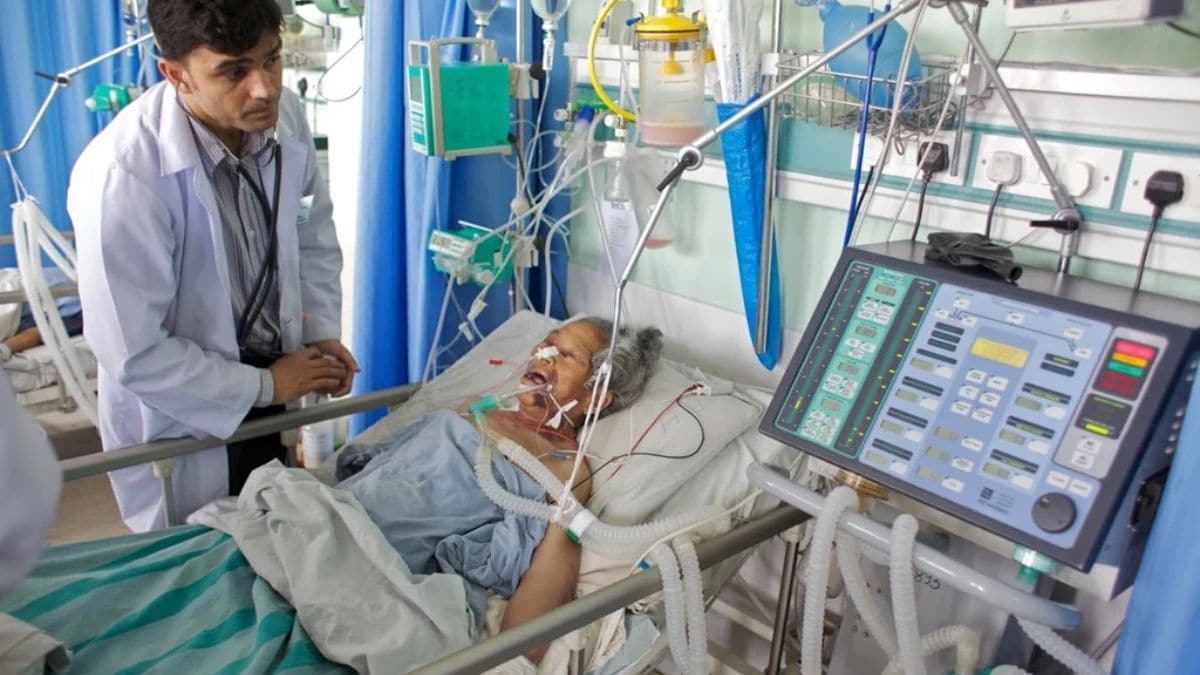Aspirin, one of the most widely-used drugs in the world, has also been identified as a significant player in the prevention of colorectal cancer. We explain what Aspirin’s anti-cancer effects are, and how they potentially occur
)
Aspirin and other non-steroidal anti-inflammatory drugs (NSAIDs) have shown promising anti-cancer effects. Pixabay (Representational Image)
Aspirin is one of the most widely used drugs in the world. It is well-known for decreasing inflammation, pain and fever. Numerous studies have shown Aspirin to be a promising chemopreventive agent, especially in the case of colorectal cancers (CRC).
We explain what Aspirin’s anti-cancer effects are, and how they potentially occur.
Aspirin’s anti-cancer effects on CRC
Aspirin and other non-steroidal anti-inflammatory drugs (NSAIDs) have shown promising anti-cancer effects upon regular consumption for 5 or more years.
In 2017, a study titled New use of low-dose aspirin and risk of colorectal cancer by stage at diagnosis: a nested case–control study in UK general practice" showed that existing users of low-dose aspirin had a significantly reduced risk of CRC. The reduction in risk was apparent across all age groups.
“Meta-analysis of aspirin-guided therapy of colorectal cancer”, a research paper published in 2022, indicated that Aspirin can improve the outcome of patients with CRC. The researchers proposed that the drug could be considered as a potential therapeutic option for patients who have already been diagnosed with colon cancer.
According to Medical News Today, studies have also suggested that daily use of aspirin is associated with a significant reduction in colorectal non-cancerous tumours.
It is interesting to note that these results are consistent regardless of low or high doses. In other words, even small dosage of Aspirin are effective in reducing the risk of colon cancer, as long as they are taken regularly.
Aspirin was also shown to decrease chemically induced formation of cancer in colorectal tissues using animal models.
How aspirin’s anti-cancer effect works
A research paper titled “Mechanisms of Colorectal Cancer Prevention by Aspirin—A Literature Review and Perspective on the Role of COX-Dependent and -Independent Pathways”, multiple explanations for aspirin’s anticancer effects have been collated.
Here’s a look at a few of them:
Gut bacteria can convert Aspirin into anti-cancer metabolites– compounds that can inhibit colon cancer cell growth– after being partially unabsorbed in the intestine. These compounds are produced in larger amounts in the intestine than in the liver, where aspirin is also metabolized but in smaller amounts.
Aspirin’s anti-cancer effects are also due to its impact on cellular processes. It blocks NF-κB signalling, which is involved in immune and inflammatory responses. NF-κB is a factor that regulates genes involved in immune responses, inflammation, cell proliferation, and survival. In cancer, NF-κB is often overactive. By blocking NF-κB signaling, aspirin may help reduce inflammation and inhibit the growth and survival of cancer cells.
Aspirin also activates AMP-kinase while inhibiting mTOR. Activated AMP-kinase helps to restore energy balance. In cancer, its activation can inhibit cell growth and proliferation, induce cell cycle arrest, and promote apoptosis (cell death), which can help to suppress tumor growth.
Dysregulation of the Wnt pathway is implicated in various cancers. Aspirin’s inhibiting effects on the Wnt signalling pathway may help control cell growth and differentiation, which could contribute to its anti-cancer effects.
Aspirin was also shown to decrease chemically induced formation of cancer in colorectal tissues using animal models.
Signficance of these findings
Researchers estimate there will be 3.2 million new cases of colorectal cancer in the world by 2040. A cheap, effective prevention method can help ease the burden of the disease the world over.
The fact that there are positive effects of the drug even in patients already diagnosed with colon cancer could keep individual households from feeling the financial heat from costly chemotherapy treatments.
Opposite effect in older adults
The prospect that a cheap and relatively safe drug like aspirin could help reduce cancer risk has enticed researchers for decades. However, there are some dangers associated with it, especially for senior citizens.
Findings from a randomized clinical trial conducted in 2020 suggest that the anti-cancer effects of Aspirin may not hold true for older adults. This study included approximately 19,000 generally healthy people who were 70 years of age or older.
Those who took 100 mg of aspirin daily were no more likely than those who took a placebo to be diagnosed with cancer. They did, however, have a greater likelihood of being diagnosed with an advanced cancer and of dying from cancer, the research team reported.
Much more in-depth research is required into the subject. Until then, there are lifestyle modifications — such as a healthy diet and physical activity — that can help one prevent colorectal cancer.

 4 months ago
12
4 months ago
12


















)
)
)
)
)
)
)
 English (US) ·
English (US) ·